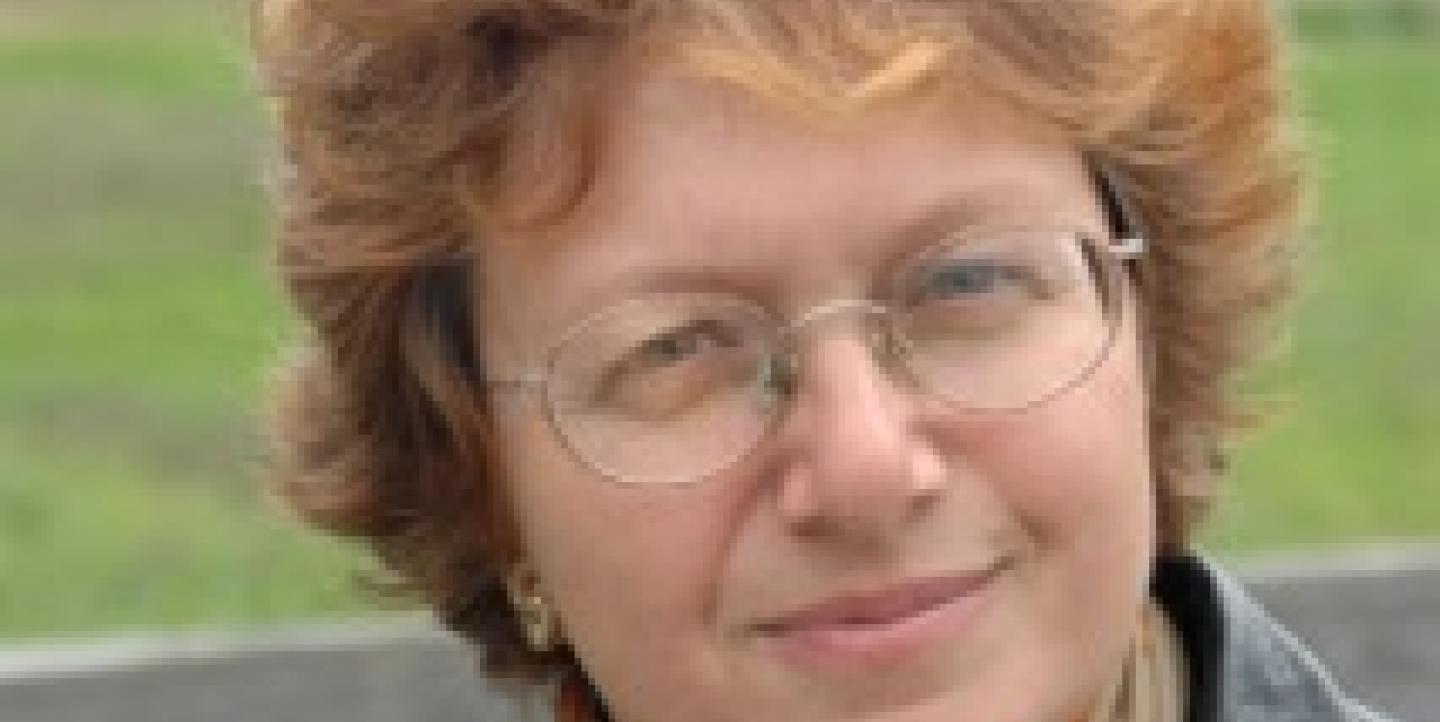Mary D'Ambrosio is a U.S.-based journalism expert with an international perspective on the profession.
In 2009, she founded Big World Magazine which publishes and syndicates "narrative, provocative profiles, reported stories, investigative work, video, photos and audio that evoke a sense of place." Submission guidelines are here.
D'Ambrosio has been an editor at Global Finance magazine and a Latin America reporter for the Associated Press. She also directs The Istanbul Project, a summer foreign reporting program in Turkey.
She shares her thoughts with IJNet on citizen journalism, international reporting and opportunities for freelancers.
IJNet: You founded Big World in 2009, in part because U.S. media outlets were abandoning expensive international coverage. Is that still the case?
Mary D'Ambrosio: Big World Magazine aims to be one alternative to the hyperlocal journalism craze -- and a place where journalists can write about themes and issues that tell stories about a wider world.
IJNet: What are your current thoughts on citizen journalism?
MD: Too much reliance on citizen journalism undermines the professionalism of the field. Would you want a citizen surgeon to operate on your heart, or a citizen lawyer to defend you in a lawsuit? Anyway, I think we’re over it; publishers discovered that very few people could pick up a pen or video camera and perform to acceptable standard.
IJNet: What is the one set of skills you think journalists must have today but are often lacking?
MD: Journalists are usually well-educated and highly skilled; nowadays they’re also working furiously to adapt to the flavor of the moment. Blogging? OK! Video? Buying that camera now. Twitter? Hell, yes. But, to choose just one thing, I’d say superior analytical and even forecasting skills will help journalists most over time, as NYU’s Mitchell Stephens has argued. That would lift them above run-of-the-mill “content producers.”
IJNet: For Big World, what kind of contributions do you look for most? Any regions in particular?
MD: Big World Magazine features “storytelling about places.” We aim to carry reportage, profiles and investigations that shed light on places and the ways they work. While we publish stories from around the world, we’re especially interested in hearing more from, and about Africa, a region that gets short shrift in US media.
IJNet: When you say "modest" pay on the site - can you give us rates?
MD: Sure. It’s $75 per unpublished package or piece, plus half of any syndication fees and a free three-month ad. We also publish correspondents’ bios, and circulate those listings to other assigning editors.
IJNet: How many correspondents have found work through your site?
MD: Big World is not a jobs site – but we’ve syndicated work to NBC’s Grio, to the foreign affairs magazine Worldpress, to the travel magazines Transitions Abroad and GoNomad; and to several publications abroad. I’ve also referred our writers and photographers to editor colleagues assigning for other projects.
IJNet: What's the most challenging part about teaching journalism in Turkey?
MD: Helping journalism students find and tell stories relevant to readers back home, rather than get caught up in issues that may be raging locally, but likely of limited interest abroad.
IJNet: What are your thoughts on teaching to U.S. students journalism in a country such a high rate of jailed journalists?
MD: It gives me pause. Turkey is setting a terrible example, not only for aspiring journalists, but for all visiting foreign students. On the other hand, seeing Turkish journalists under that kind of pressure makes U.S. university students appreciate the media freedoms they enjoy back home.
You can read more about Big World here or follow D'Ambrosio on Twitter.

